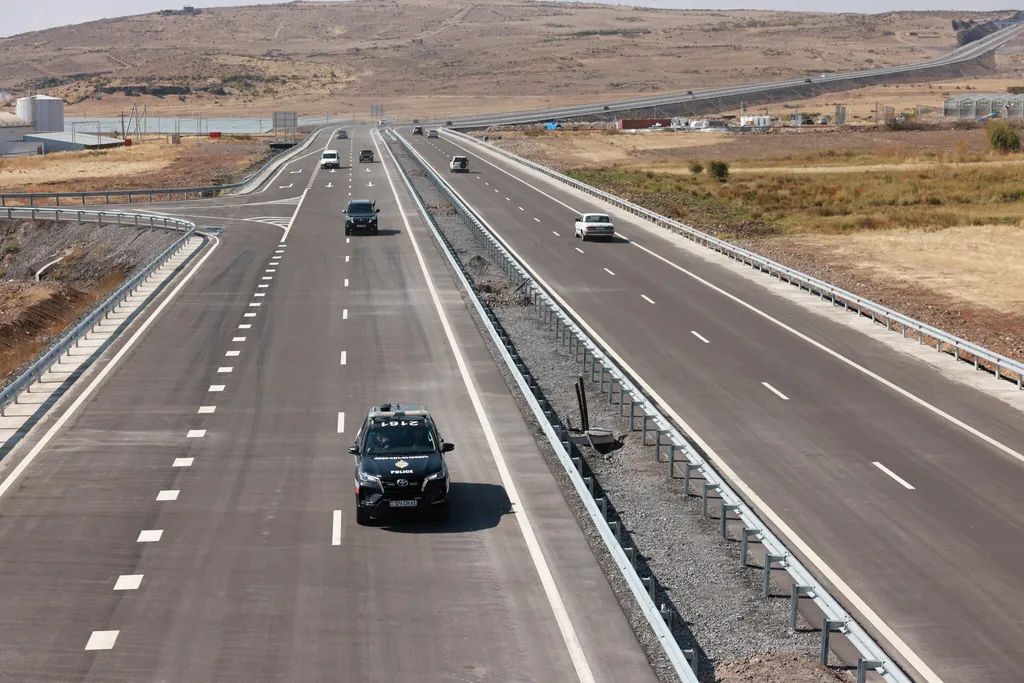In the heart of Armenia, a stretch of the M2 Yerevan–Goris–Meghri highway is becoming a proving ground for a novel approach to road construction that could reshape the industry’s future. Khachik Chkolyan, a researcher from the National University of Architecture and Construction of Armenia, is leading the charge, exploring the potential of Full-Depth Reclamation (FDR) technology combined with basalt fibers and cement to create stronger, more durable road pavements.
The challenge of maintaining and rehabilitating road networks is a global one, with increasing traffic volumes and pavement deterioration demanding efficient, cost-effective solutions. FDR is a method that has been gaining traction in recent years, involving the pulverization and blending of existing pavement layers to create a homogeneous base material. This process, carried out entirely on-site without the application of heat, significantly reduces the need for importing new materials, lowers energy consumption, and decreases harmful atmospheric emissions.
Chkolyan’s research, published in the Journal of Architectural and Engineering Research (known in English as the Journal of Architectural and Engineering Research), focuses on the impact of adding basalt fibers and cement to the FDR process. “The addition of these materials enhances the strength and crack resistance of the pavement,” Chkolyan explains. “This could lead to longer-lasting roads that require less frequent maintenance, ultimately saving money and resources.”
The potential commercial impacts for the energy sector are substantial. Roads that require less maintenance mean lower energy consumption for maintenance vehicles and equipment. Additionally, the reduced need for new materials means less energy is spent on production and transportation. “This is not just about building better roads,” Chkolyan says. “It’s about building them in a way that’s sustainable and energy-efficient.”
The research could pave the way for future developments in the field, with potential applications extending beyond Armenia. As the world grapples with the challenges of climate change and the need for sustainable infrastructure, innovations like this could become increasingly important. Chkolyan’s work is a testament to the power of research and innovation in driving progress, offering a glimpse into a future where our roads are not just pathways, but also a part of the solution to global challenges.

